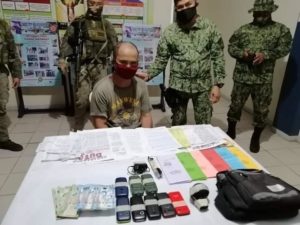MANILA, Philippines — The government will provide free internet access in schools, even as the country prepares for a shift from the conventional face-to-face classes to a “blended” learning modality in light of the coronavirus pandemic.
Blended learning is a combination of online distance learning and in-person delivery of learning materials to the homes of the learners.
In his 11th report to Congress on the use of his emergency powers to address the health crisis, President Duterte said the Department of Information and Communications Technology (DICT) is coordinating with the education sector to implement the program.
He added that it is in line with the DICT Memorandum on “Providing Adequate Free WiFi/Internet Access and connectivity for Public Educational institutions.”
The Department of Education (DepEd) slated classes to start on August 24, while giving schools the elbow room to adopt various learning delivery options, such as blended learning, distance learning, and homeschooling, in line with Duterte’s order not to hold physical classes in the absence of a COVID-19 vaccine.
However, it was not immediately clear how the installation of free Wi-Fi hotspots in schools will aid the government’s alternative learning systems since it has said that no face-to-face classes will be made for the school year in the absence of a coronavirus vaccine.
Under the blended learning mode, Radio and television-based instructions will also be utilized for those who do not have access to a computer or the Internet.
The installation of free Wi-Fi hotspots in educational institutions is also inline with Republic Act 10929, otherwise known as the “Free Internet Access in Public Places Act”, which mandates the DICT to provide free internet access in public places.
Public places include plazas, schools, Rural Health Units (RHUs), transport terminals, airports, seaports, hospitals, and community quarantine sites among others.


